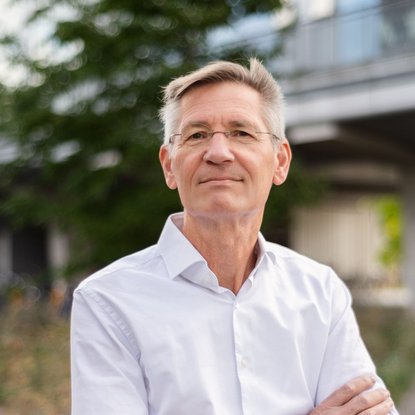Feeding cities is a key sustainability challenge of urban systems constrained by scarce resources, environmental degradation and a growing population. In this competitive resource use context, urban areas are urged to develop sustainable food strategies, i.e. smart food systems that deliver healthy, nutritious food and make socio-economic contributions while reducing global environmental impact.
In this complex problem context, the project will focus on developing a tool that can support urban areas in the spatial analysis of their global appropriation of natural resources (‘footprints’), both in terms of economic multipliers and – related – ecological impacts. Furthermore, in order to support responsible decision-making and produce agency for sustainable urban food systems, the project also evaluates alternative food strategies in a participative approach. In particular, potential sustainability outcomes of a more regional food strategy, as well as selected scenarios for more sustainable consumption patterns, will be jointly evaluated. The city of Almere serves as a case study in the project.
The project applies methods developed in, and is part of, a PhD study on bio-economy transitions in high income countries at the Institute for Ecological Economics at the Vienna University of Economics & Business.

Urban food systems from a regional perspective: developing circular, regenerative rural-urban linkages in the broader context of a bioeconomy.
Project Goal
It is the goal of the project to collect empirical evidence that can support decision making towards more sustainable urban food systems. In particular, the project aims at answering the question how regional urban food systems contribute to sustainability. From a research perspective, it is the goal to contribute to a more holistic assessment approach and understanding of coupled social-ecological systems in the global resource system.
Project Details
Cities are consumption hotspots of material and energy and their sustainability assessments therefore requires consumption-based approaches. With emphasis on the role of the region of Flevoland in Almere’s food system, the project will construct a regional input-output (IO) table for detailed food and agricultural activities. The regional IO table will be embedded in a global Input-Output Framework, which allows for the calculation of economic multipliers and environmental indicators associated with Almere’s food system. Based on this database, the project will develop a prototype of a tool that can support assessments of alternative urban food strategies in the global resource system, including the sustainability potential of more circular food system activities in the broader context of a bio-economy.
| Duration: |
|
Project members
Partners






